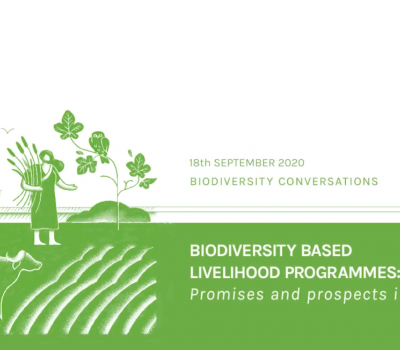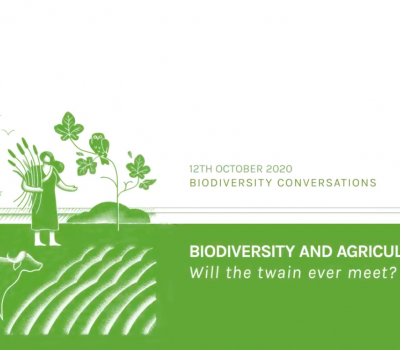Agriculture
This programme attempts to quantify the contribution of biodiversity in forests, rivers, estuaries and agro-ecosystems to India’s food, nutritional security and livelihoods. The programme also works to enhance agricultural productivity, diversify livelihoods, and increase rural incomes by sustainable use of biodiversity and local ecosystem services.








